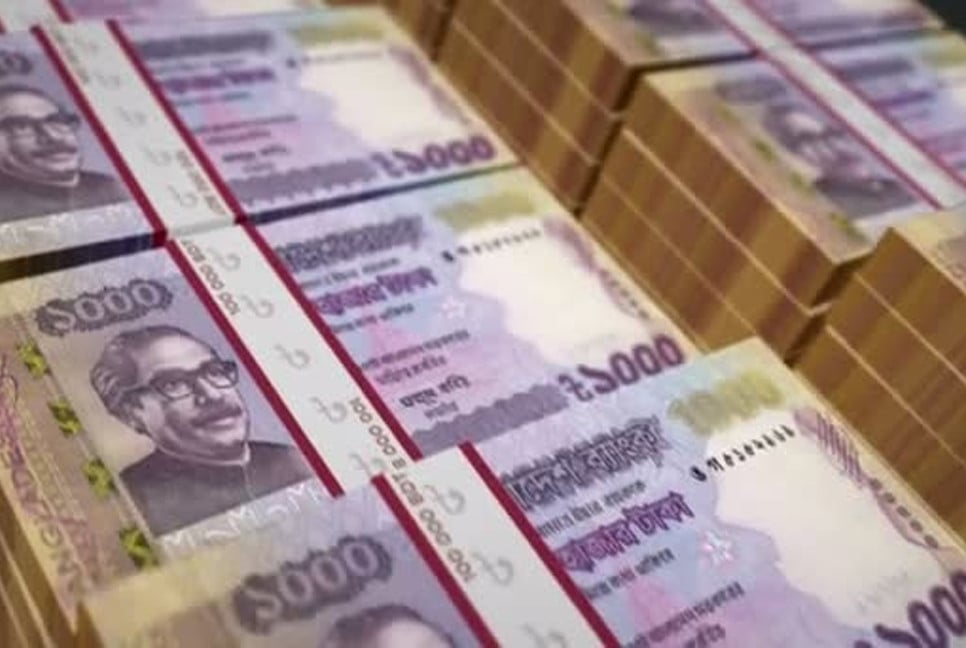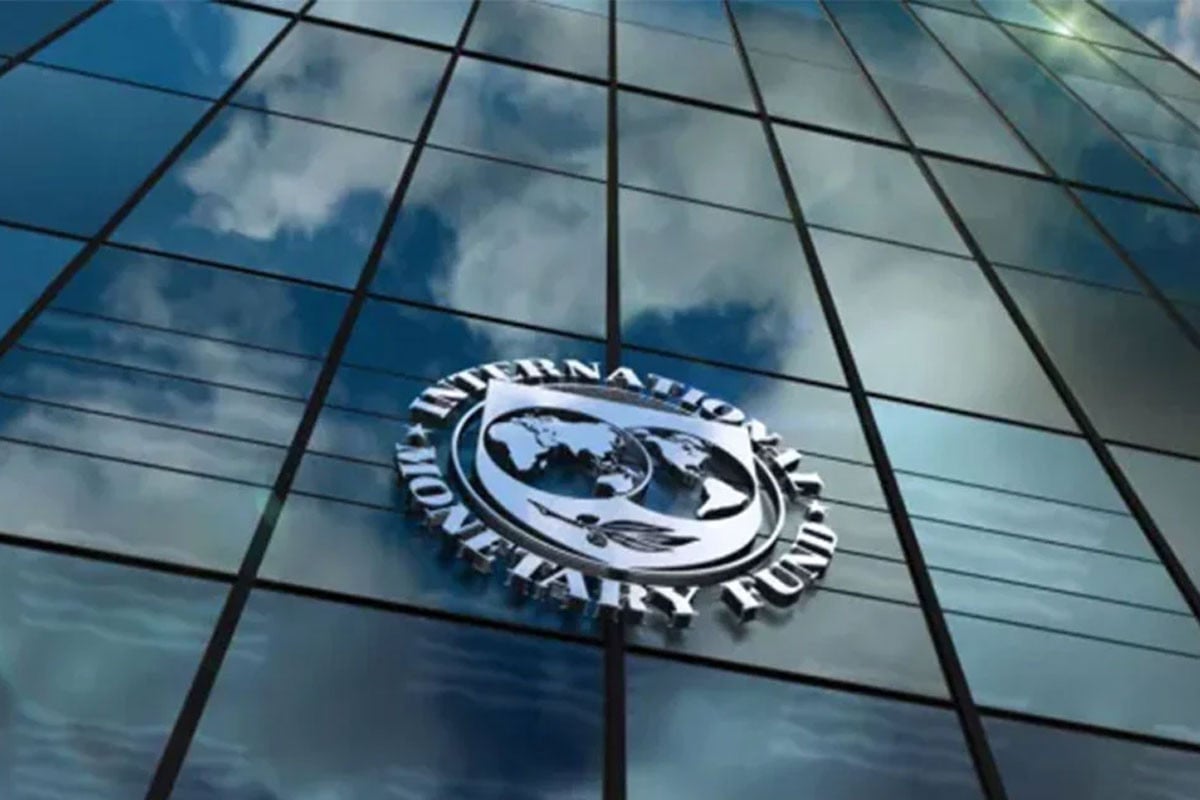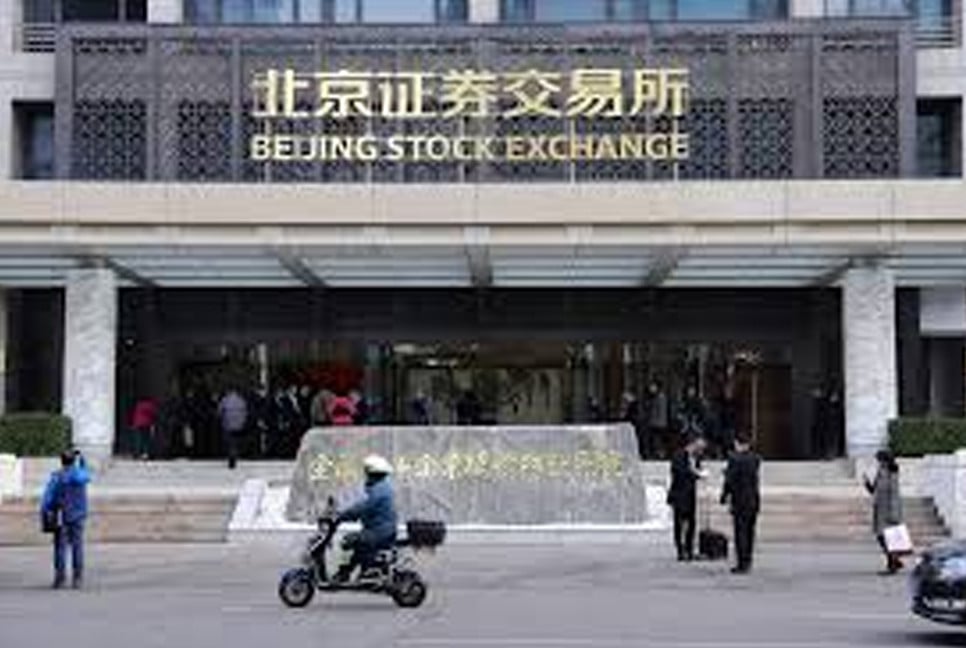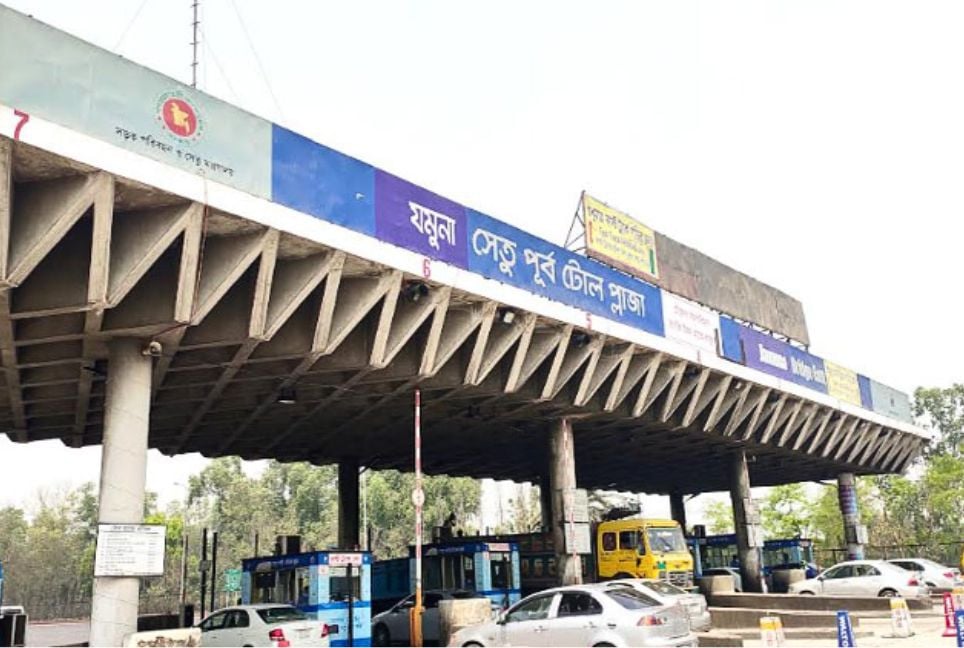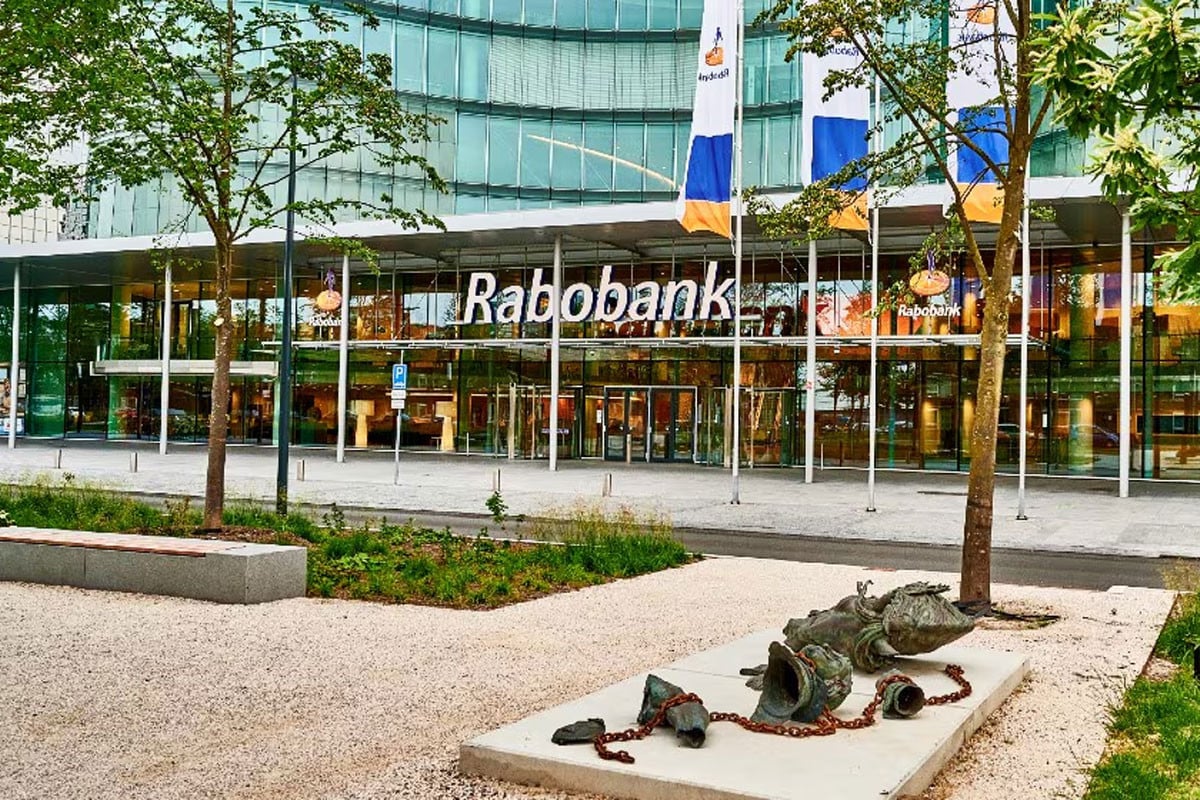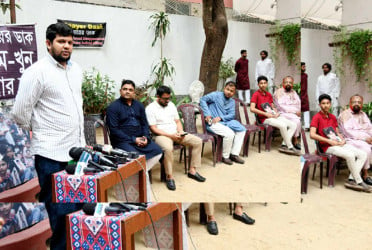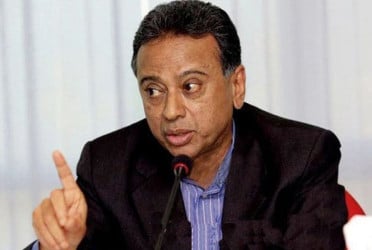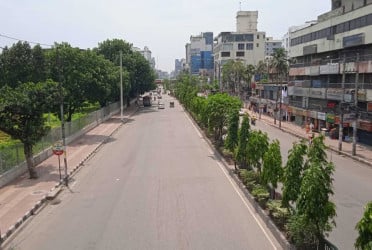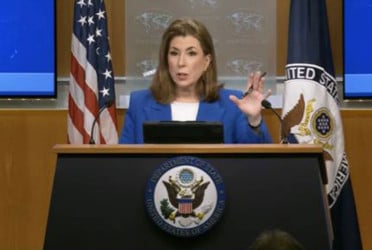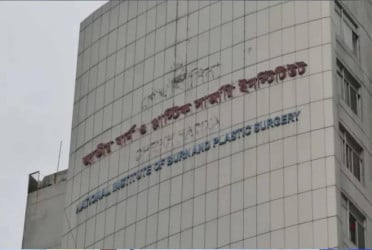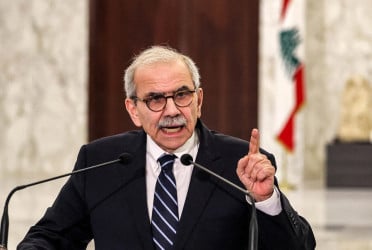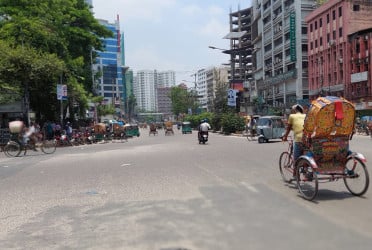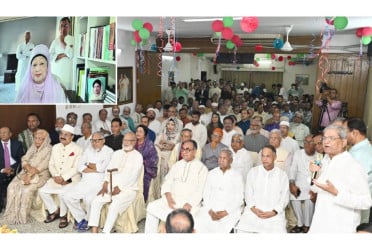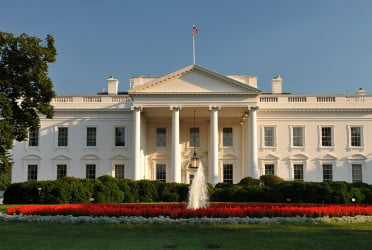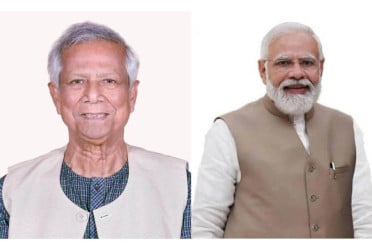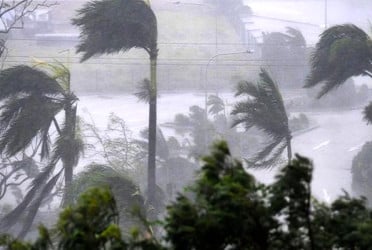The government is ramping up efforts to reduce inflation by tightening the flow of money in the economy. As part of the strategy, both deposit and loan interest rates have been increased, with the aim of curbing inflationary pressure.
Although an increase in loan interest has an impact on investment, however, according to Bangladesh Bank data, as a result of the increase in interest rates, deposits in the banking sector increased by Tk 34,000 crore in the six months (July-December). During this period, inflationary pressure has also decreased somewhat.
The central bank wants to withdraw at least Tk 5,000 crore more from the market by next March. Analysts believe that this may be somewhat disrupted due to Ramadan and Eid-ul-Fitr throughout March.
According to the Bangladesh Bureau of Statistics (BBS), the overall inflation rate decreased to 9.94 percent in January 2025, which was 10.89 percent in December. In addition, food inflation has decreased to 10.72 percent, which was 12.92 percent in the previous month. However, non-food inflation increased to 9.32 percent, which was 9.26 percent in December.
Bangladesh Bank Governor Ahsan H Mansur expects inflationary pressure to decrease further in the coming days due to the decline in vegetable prices in the market for two months. He said that the target is to reduce average inflation to 7 percent by the end of the year. And effective measures have been taken according to that plan.
Meanwhile, the Finance Department and the NBR have started preparing the budget for the new 2025-26 fiscal year. Effective initiatives will be taken in the budget to revive the stagnant economy. Investment and employment-oriented initiatives will be in the budget.
In addition, the Bangladesh Investment Development Authority (BIDA) will hold an International Investment Summit in April. At least $1 billion in foreign investment is expected from this summit. The interim government believes that if the financial sector reforms can be taken forward before the parliamentary elections at the end of this year, the next government will be able to focus on running the country in a stable economic environment.
Professor Dr. Mostafizur Rahman, Honorary Fellow of the Center for Policy Dialogue-CPD, said, “Inflation must be reduced by increasing investment. The two important sectors for increasing investment are banks and revenue. However, the banking sector will not progress unless the NBR is effectively reformed. At the same time, the flow of money into the market cannot be reduced by simply increasing interest rates.”
Meanwhile, sources in the Finance Department said that although inflation is currently high, the government wants to bring it down to 7 percent in the upcoming budget. For this, some policy decisions have to be taken in the budget. VAT has already been increased on more than a hundred products and withdrawn from daily necessities.
Although the World Bank, International Monetary Fund (IMF), and Asian Development Bank (ADB) say that Bangladesh's economy may shrink further if inflation cannot be controlled. Therefore, it has been recommended to take effective steps to reduce inflationary pressures.
(Translated by Tanvir Raihan)

